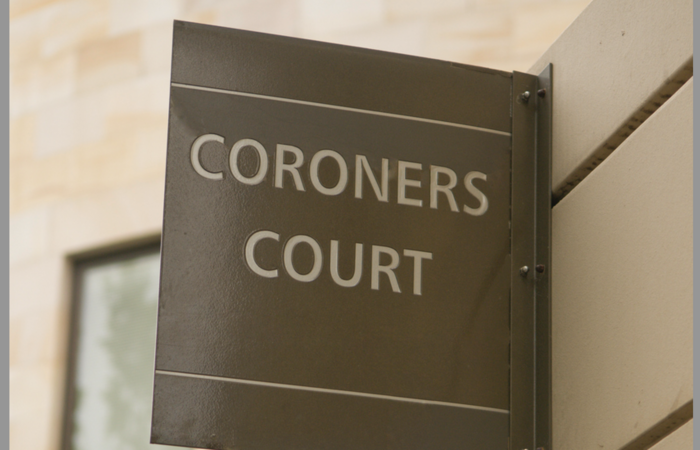Coroner seeks answers from ICB over accidental prescription medicines death
In News
Follow this topic
Bookmark
Record learning outcomes
A coroner has given Greater Manchester Integrated Care Board (GMICB) until June 5 to explain what it intends to do to prevent accidental medication-related deaths after a man died from an excessive intake of prescription medicines having been unable to get therapy because of long waiting lists.
A report by Manchester South senior coroner Alison Mutch into the death of Robert Smith following an investigation last October said he died from “concomitant Dihydrocodeine and Pregabalin toxicity”. Having been found unresponsive at his home, police concluded there were no suspicious circumstances and no evidence of third-party involvement in his death. An inquest ruled his death was accidental.
A post-mortem found he had above-therapeutic levels of prescribed medicine in his system. The report said Smith, who had a history of mental illness, “was on high levels of prescribed painkillers for pain” and had been on the waiting list for interpersonal psychotherapy (IPT).
IPT helps treat depression by encouraging people to talk about past or present relationships and the factors that contribute to their depression.
The report said Smith had not started the therapy at the time of his death because the average waiting time was 12 months “due to ongoing demand against commissioned capacity”.
An inquest into his death found “the backlog for all other therapy type services were at a similar level” to the IPT waiting list.
“The consequence of such prolonged waits was that people were having to wait a long time for mental health therapy support that they had been identified as requiring,” the report said.
Greater Manchester Mental Health NHS Foundation Trust said it provided commissioned services but insisted it was unable to increase its provision unless “additional services” were commissioned and warned “waiting lists would remain high”.
Mutch told GMICB to set out what action it has taken or proposes to take to prevent similar deaths from occurring.

